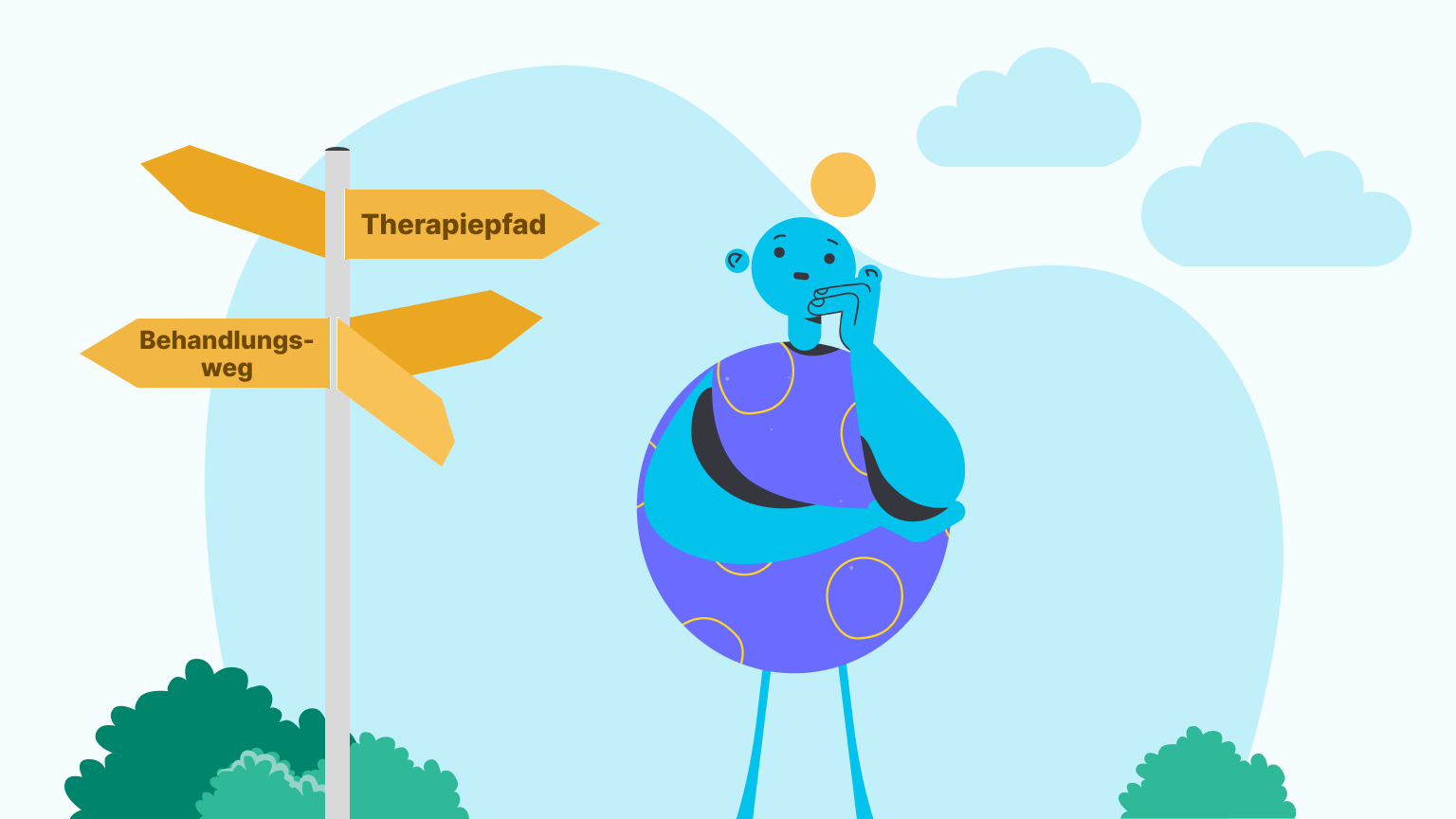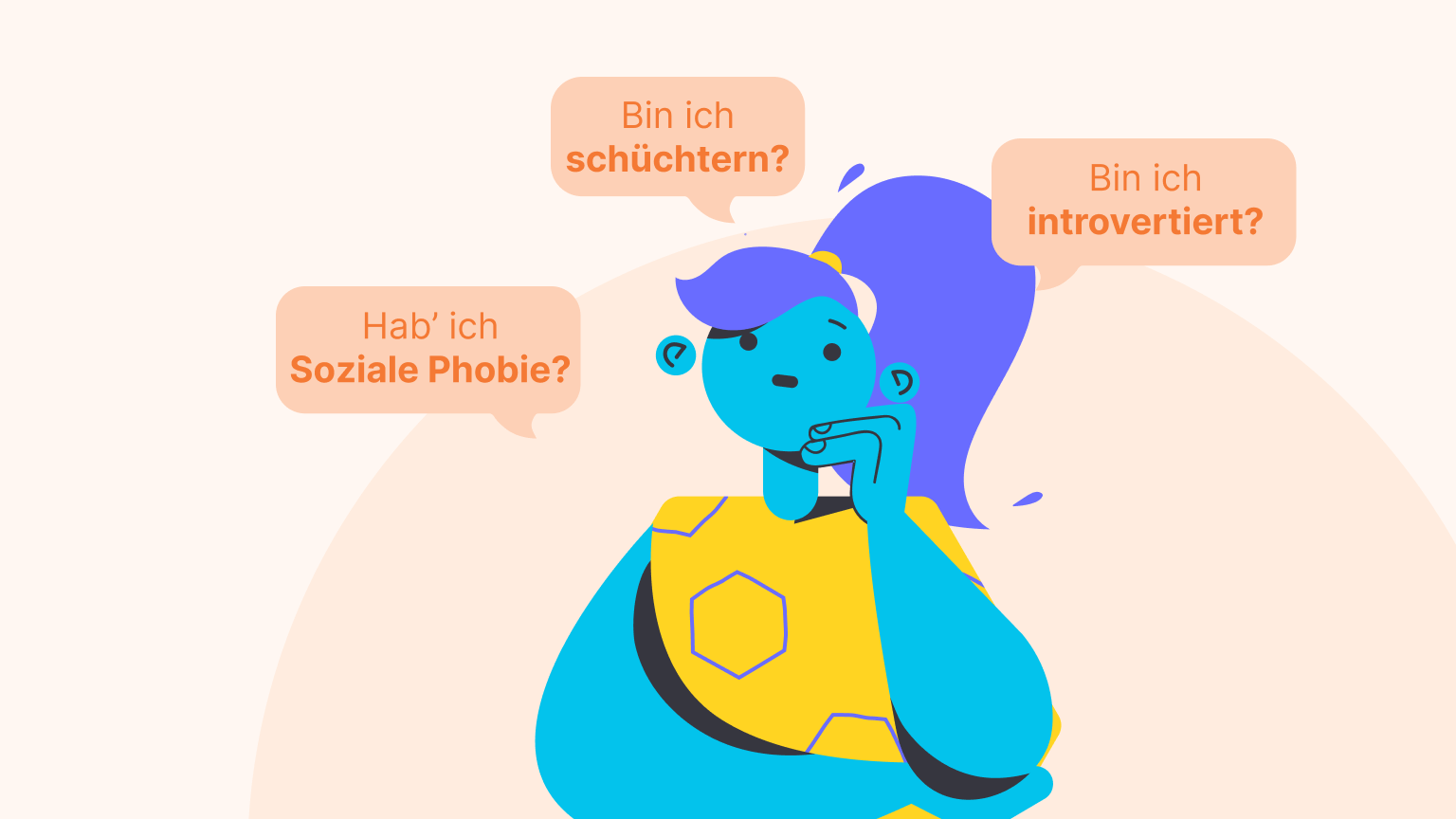What to Do About Social Phobia?

Imagine standing in the center of a room. All eyes are on you, every whisper seems to be about you. Your heart races, your hands start sweating, and a wave of redness floods your face. In this moment, trapped by the fear of being judged and evaluated, you feel an overwhelming anxiety. It’s as if every word you say is under a microscope, critically analyzed by all the pairs of eyes around you.
This feeling offers a glimpse into the world of social phobia. But it’s important to know that you’re not alone, and there are ways to overcome this challenge. Let’s explore this path together. Take the self-test here
Recognizing Social Phobia
Social phobia, a form of anxiety disorder, is characterized by the fear of being observed, judged, or criticized in various social situations. This can include talking to strangers, visiting administrative offices, speaking with superiors, or giving public performances. Perhaps you’re familiar with the feeling of constantly believing that others are judging you negatively—whether it’s about your appearance, clothing, or the way you speak. Physical symptoms like blushing, trembling, nausea, or frequent urination may occur.
Treating Anxiety Disorders
Fortunately, anxiety disorders are generally very treatable. There are various options, including psychotherapy and medication. Complementary measures like exercise or relaxation techniques can also help. The choice of therapy should be tailored to your personal experiences and preferences.
Untreated anxiety disorders can become chronic and rarely disappear on their own. Social anxieties, in particular, often show a continuous course. Delayed treatment can affect therapy success, and even after successful treatment, anxiety disorders can recur. However, they are less common in older age.
Different Treatment Options
The treatment of anxiety disorders varies depending on the type of disorder. Psychotherapy, medication, and other methods are available and can be combined. The choice of treatment should consider individual factors such as therapy preferences, prior treatments, substance use, severity of the disorder, coexisting conditions, daily functioning, social network, stressors, availability, and waiting times for therapy slots.
Psychotherapy
Psychotherapy, which works without medication, is a key component in treating anxiety disorders. In Germany, guideline therapies like behavioral therapy, depth psychology-based psychotherapy, analytical psychotherapy, and systemic therapy are covered by statutory health insurance. The effectiveness of psychotherapy is well-documented and supported by numerous studies.
Psychotherapy can be conducted individually or in groups. Group therapy is particularly recommended when individual therapy isn’t possible. However, studies comparing their effectiveness are still limited.
Cognitive behavioral therapy (CBT) is considered the gold standard for treating anxiety disorders. CBT is based on the idea that our thoughts influence our feelings and behaviors. The goal is to identify and change negative thought patterns to encourage more appropriate behaviors. Therapy components include education, examining and correcting anxiety-promoting thoughts, behavioral experiments, and reducing avoidance behaviors.
Internet-Based Interventions
The modern world also offers digital therapy options. Whether through video calls, online exercises, or diagnostic tools, the internet provides new ways of accessing treatment from the comfort of your home. Digital health applications, also known as DiGA, are scientifically validated programs designed to support specific mental health conditions, including the Mindable app for Social Phobia.




